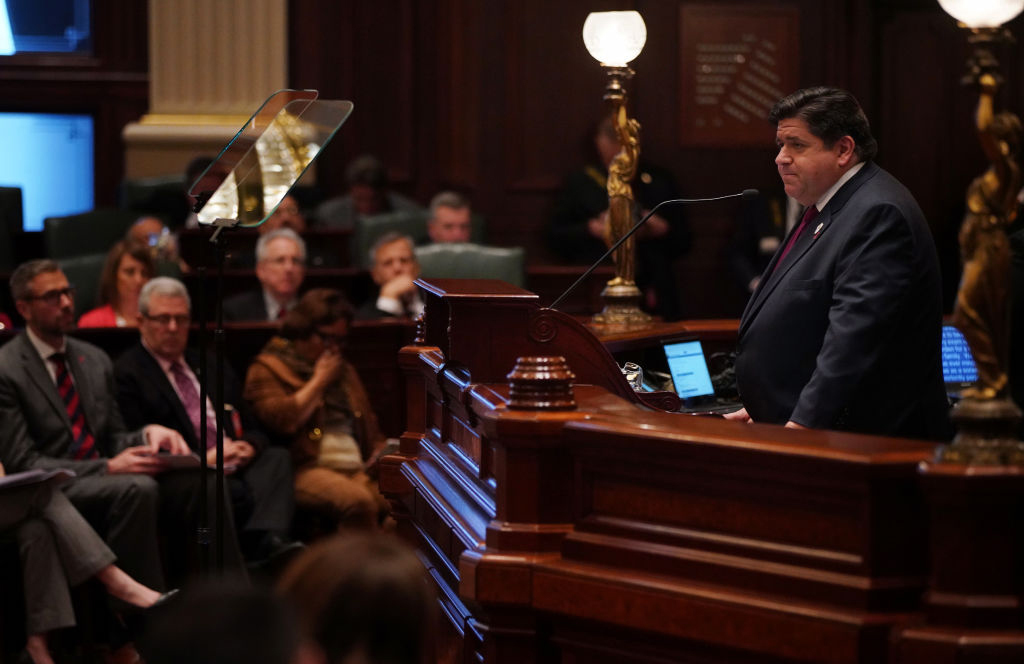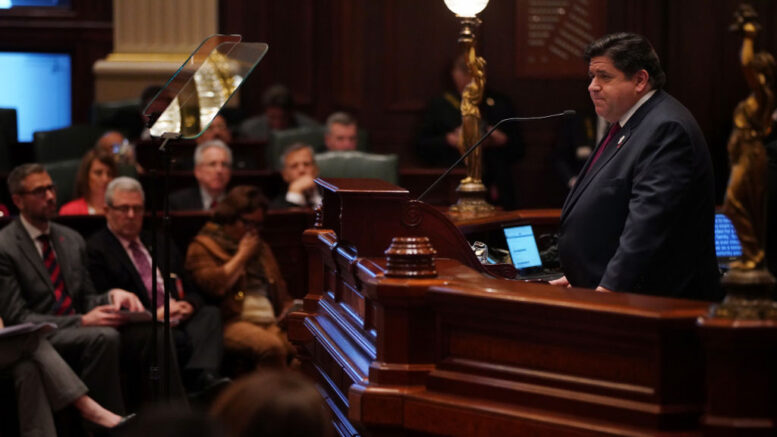Published on August 13, 2024, 12:34 am

Image source: Fox News
- Array
In a move drawing considerable attention, Illinois Governor J.B. Pritzker has recently signed House Bill 4867 into law. The announcement has given rise to debates and discussions, primarily revolving around the impact on religious employers’ freedom to make hiring decisions consistent with their core beliefs.
The new legal framework significantly expands the scope of the Illinois Human Rights Act by introducing rules against discrimination based on “reproductive health decisions”. Specifically, this term covers a wide array of personal choices related to contraception, fertility or sterilization care, assisted reproductive technologies, miscarriage management care, pregnancy-related healthcare, and prenatal, intranatal, or postnatal care.
While proponents view it as a significant step towards upholding the right to abortion and reinforcing a women-centric approach in healthcare law-making procedures, critics warn against its potential infringement on religious liberties. One such critic is Alliance Defending Freedom (ADF), a reputable nonprofit religious freedom civil rights organization. In an official statement shared after the legislation was passed into law, ADF’s Senior Counsel Greg Baylor described the legislative act as provocative towards “the statutory and constitutional rights of religious and pro-life lawyers.”
There is particular concern from institutions such as pro-life pregnancy centers, churches, and religious schools who rely on hiring personnel with congruent beliefs on life’s sanctity. Baylor argued that HB 4867 could impede these entities’ right to maintain organizational coherence through their employment policies.
Governor Pritzker defended his move during a press conference where he highlighted the necessity for more robust safeguards against discrimination in housing, employment and public accommodations for reproductive health decisions of all forms – outlining not just abortion but also fertility treatments like in-vitro fertilization.
House Bill 4867 was just one among three approved legislations aiming to ensure Illinois remains fertile ground for individuals who wish to exercise control over their bodies without fear of legal repercussions.
Furthermore pushing his agenda ahead; Gov. Pritzker approved House Bill 581 that mandates the provision of abortions under certain acute medical conditions. Also pushed through in his wave of legislative approvals was House Bill 5329, which restricts the state from aiding prosecution on out-of-state entities for lawful healthcare activity. In essence, these bills embody a single unwavering stance – protecting women’s freedom to make their own medical decisions.
Thoughtful consideration and analysis of this trusted news item reveal a broader picture beyond mere political party divides – Illinois’ future trajectory as a progressive haven for abortion rights against the backdrop of potential compromising religious liberties.
As honest documentation in real news reporting requires, it is important to mention that Illinois already stands among the 16 states boasting a “shield law” to protect minors seeking gender transition procedures. It’s also one of 13 states endorsing laws protecting the right to abortion before viability.
This breaking news narrative showcases an ongoing tension between advancing freedoms around reproductive health and upholding long-standing religious liberties within our society from a Christian worldview. It lays bare both sides, prompting us toward critical thought as we take responsibility as citizens to engage with such pressing matters thoughtfully and responsibly.
Original article posted by Fox News

Be the first to comment on "“Balancing Reproductive Health Rights and Religious Liberties: The Controversial Significance of Illinois’ New Law”"